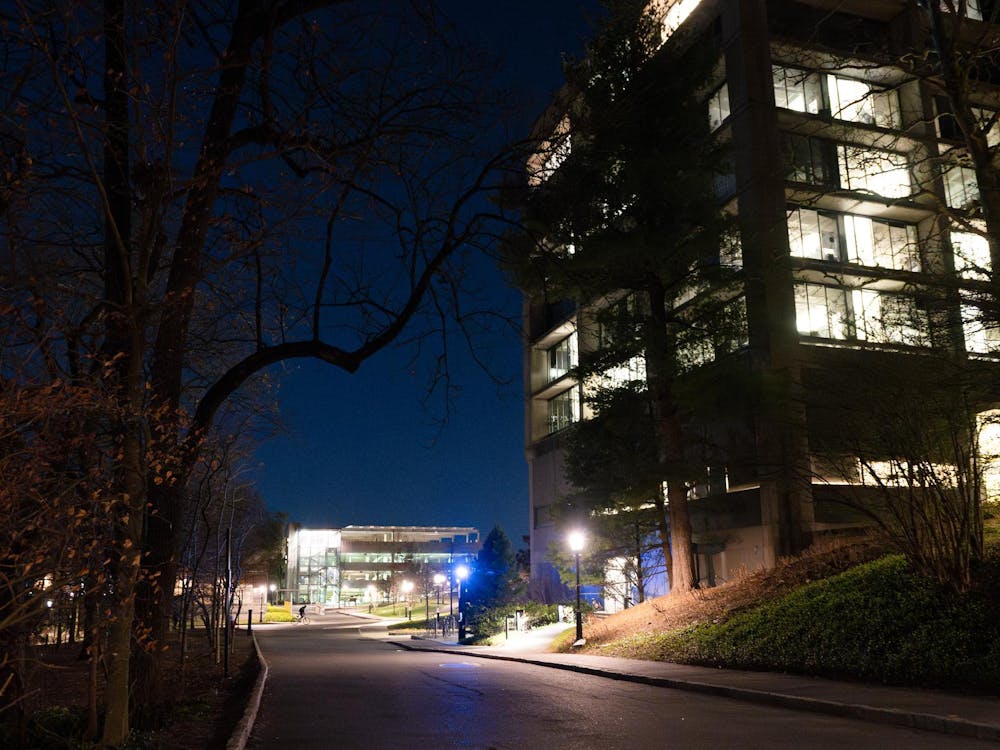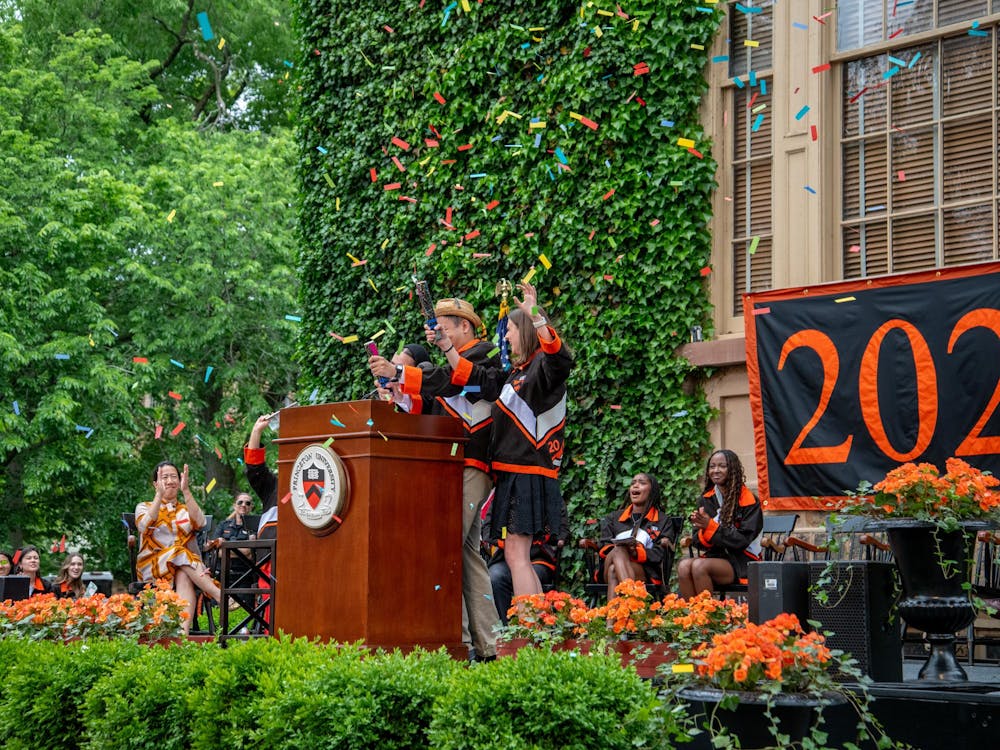In smaller text below, the flyer explained what they meant — something decidedly different from what I was looking for: “Whether you study English or engineering, you can make an impact here.” Far from being a clarion call for studying the humanities, Goldman Sachs was instead reassuring the reader that she can study English and still learn about finance later to make an impact.
I will leave the debate over whether Goldman Sachs caused our recent recession to someone with more economics credentials than a B in ECO 101: Introduction to Macroeconomics. But from a social perspective, it is clear that investment banks have a huge impact on our lives by their ability to manipulate staggering amounts of wealth and to decide the fate of millions of people’s financial futures.
Yet finance is not the only way to make an impact. We in the humanities (I came out as a philosophy major to my family over Thanksgiving) are constantly trying to convince ourselves and others of the utility of our study. Many ‘Prince’ columns and lively conversations have involved arguing with our engineering, hard science or math counterparts that we have something to contribute. And this is true. It is important both to create wealth in a society as well as to critique the power and responsibility in a society that such wealth can bring. Technological revolutions are just as important to our lives as social ones. As has been said countless times, every field of study contributes to our society as a whole.
But more importantly, I wonder if we frame the concept of “impact” the wrong way. To argue for the utility of humanities, we claim that just as many English majors get into medical school as molecular biology majors, that learning philosophy will give us valuable problem-solving skills that will be useful in any career. In short, we define contributions to society in economic terms that force every undertaking to be commodified in relation to our rigidly defined future goals.
Finance and business have become such a large part of our lives that it becomes easy to believe that is where things are happening. Take the recent editorial in the ‘Prince,’ “Beyond finance and consulting,” which laments the focus of Career Services on jobs in these fields. Princeton, through Career Services, has upheld the notion that students can do most “in the nation’s service and in the service of all nations” if they enter the financial sector.
In a recent article in Prospect Magazine, Edward Harcourt, a philosophy professor at Oxford, attempted to understand just what this “impact” is. He argued there is no more intrinsic use in funding “blue skies research in pure science” than in funding “a new monogram on Milton.” That is, neither of these pursuits provide a direct, definite contribution to society, and we must therefore judge their worth by some other metric.
Impact is often measured by looking at the direct causal relationship between an action and a reaction. This perspective works when viewing the worth of financial jobs but is too narrow to understand the worth of studying the humanities. In fact, perhaps the greatest “impact” of the humanities is to allow us to define impact in a much broader, much more intangible sense. Maybe that new monograph on John Milton will help its author understand human nature better, which will in turn help him interact with people better, “building the smallest democracy in the heart of society.” We must not allow economics to be the only way we define how we interact with the world. Economics and the study thereof are important, undoubtedly, but any time we restrict how we understand “success,” “impact” and “worth” to one system, we risk giving up our ability to shape our lives and our society in ways inconsistent with that system.
And so the flyer that I took from the bulletin board in Computer Science Building which now hangs on my wall becomes extremely relevant to all of us, from the historians, philosophers and social scientists to the mathematicians, mechanical engineers and financiers. You don’t have to study finance to make an impact, but you also don’t have to make an impact to make an impact.
Luke Massa is a sophomore from Ridley Park, Pa. He can be reached at lmassa@princeton.edu.








